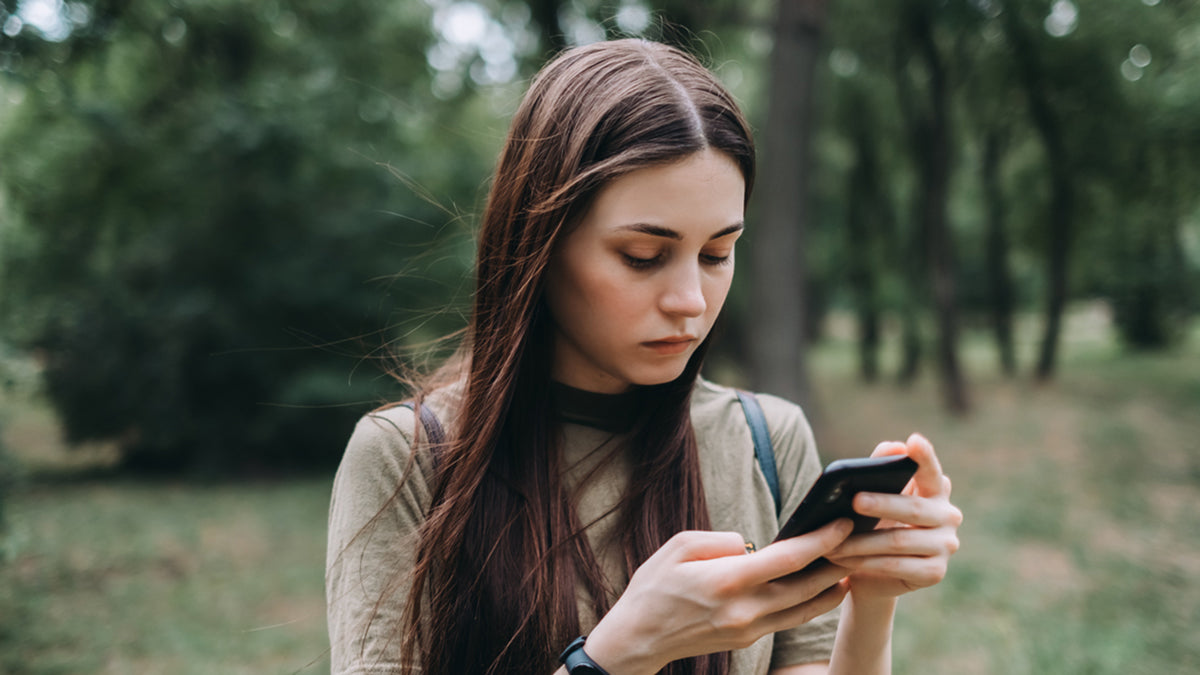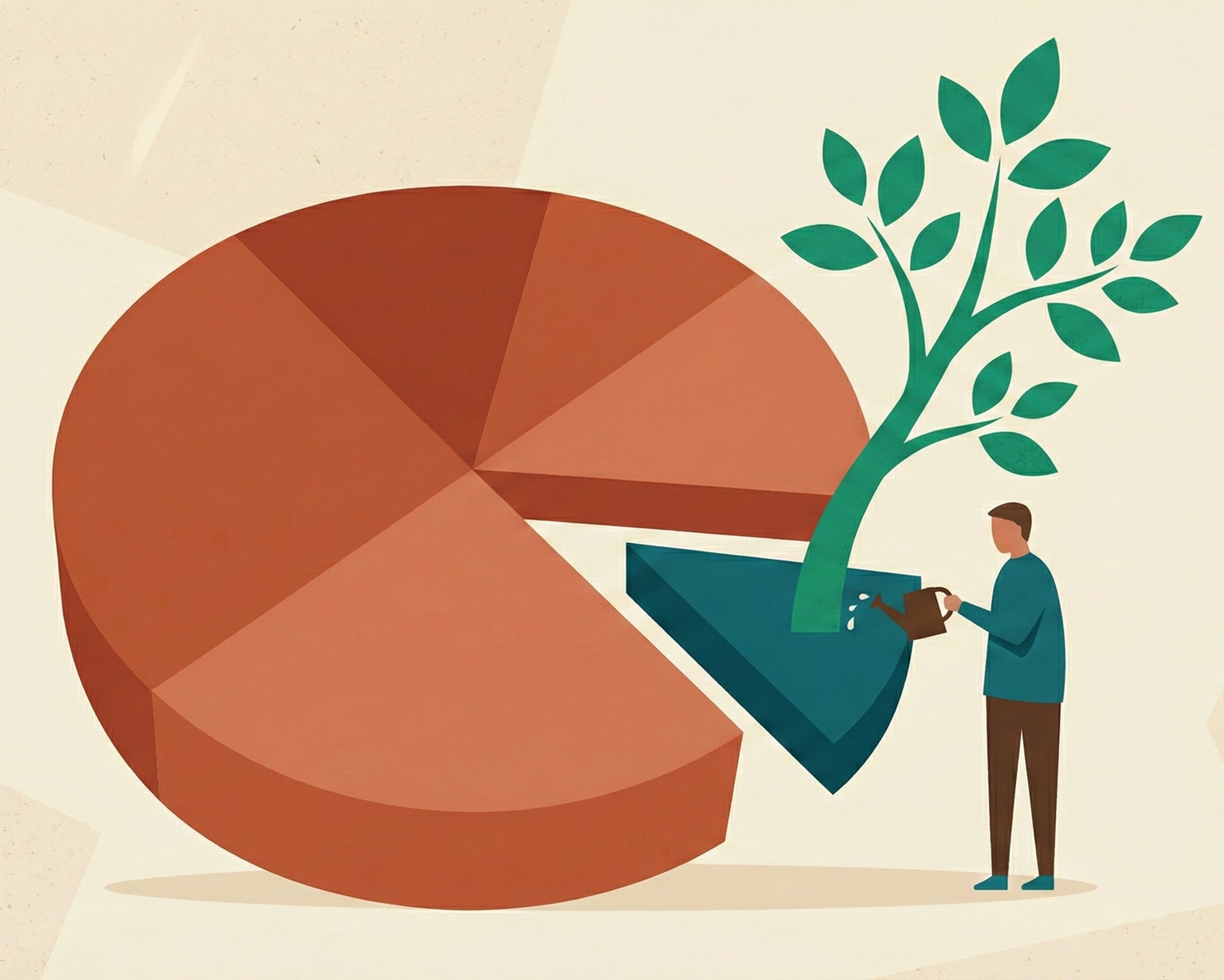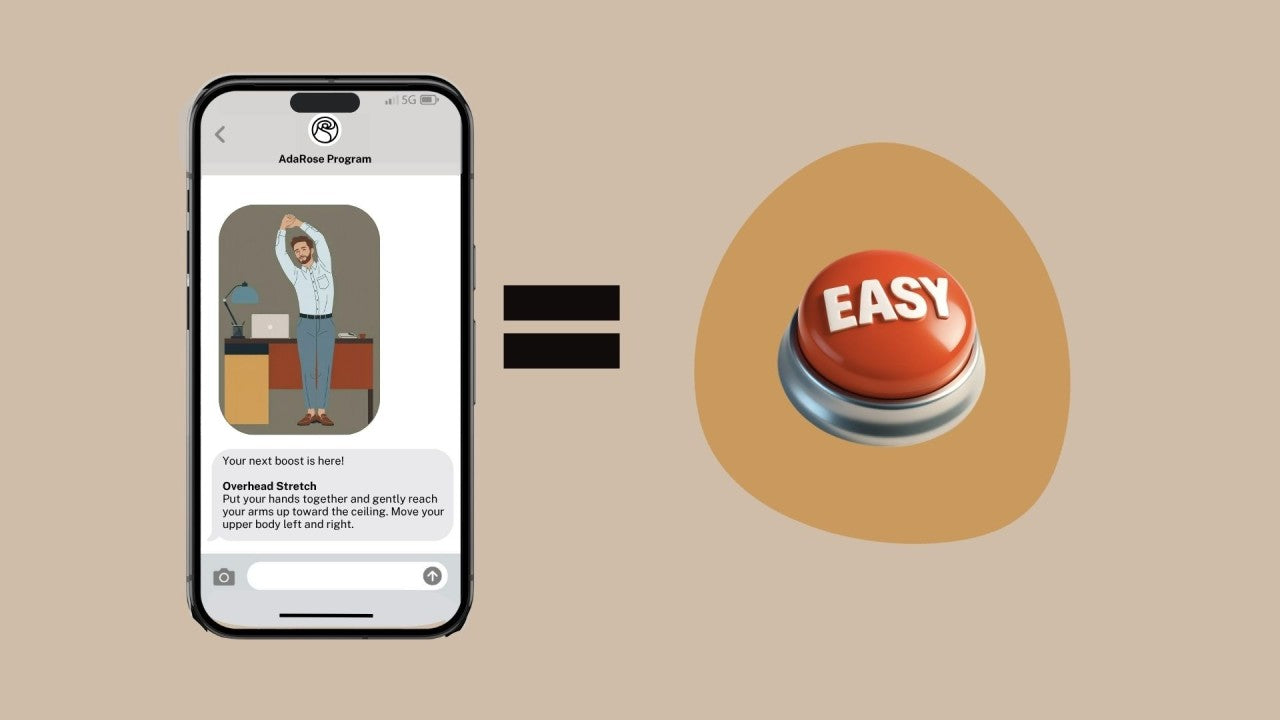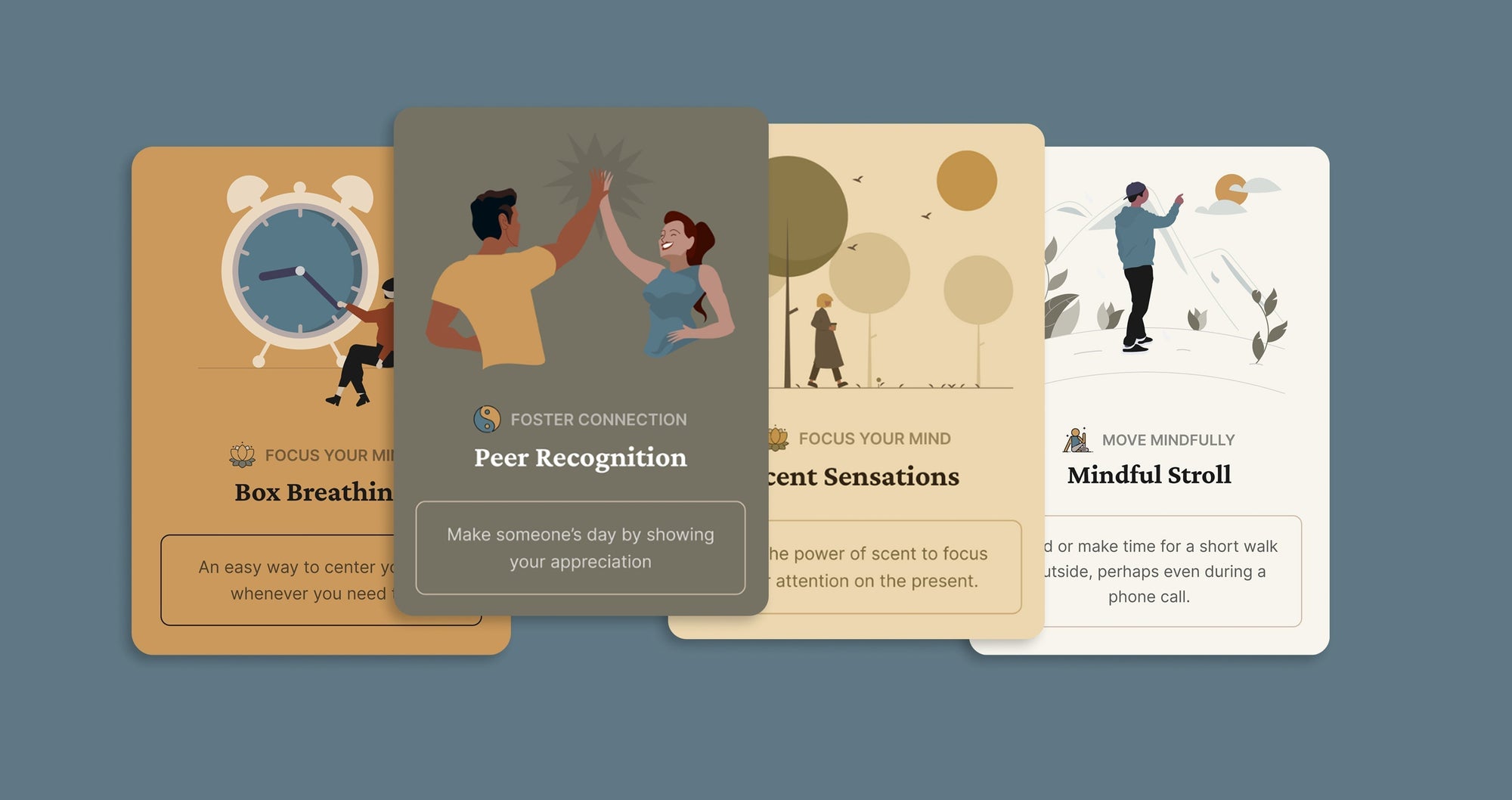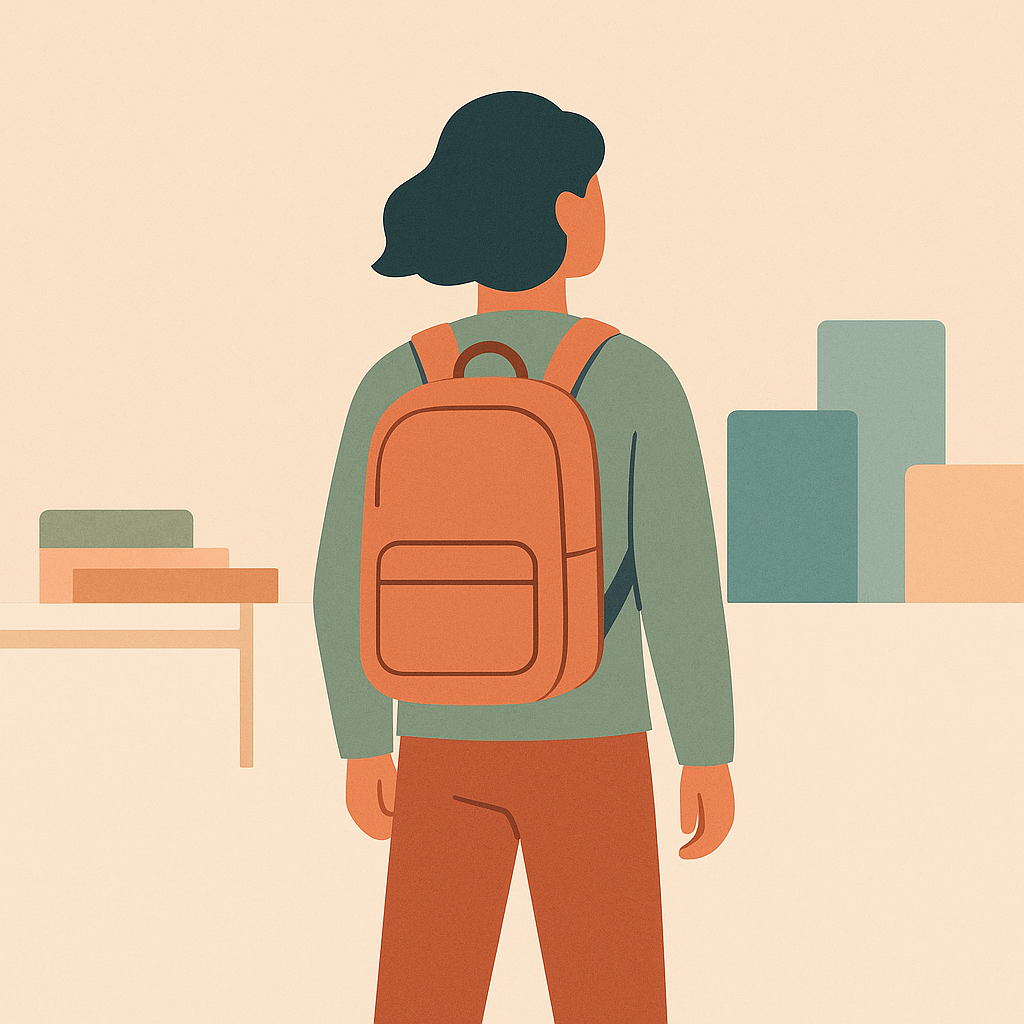I started the company AdaRose to help women achieve better health for themselves and their families with less hassle and more joy by leveraging digital health tools.
But just adding technology isn’t always a good thing. On its own, tech isn’t good or bad, healthy or unhealthy. It’s all in how you use it. As I learned from my interview with Wayne Liu, people (especially women) are increasingly using software to transform how we look, including how we look online.
Some people don’t consider “beauty” as part of health per se, and there is a lot of debate about how to define beauty—and health, for that matter—but I believe that how we look, and how we feel about how we look, are in fact closely tied to our overall health, especially our mental health.
As we spend an increasing amount of time online, I have a lot of questions about the relationships among beauty, health, and technology… and I’d love to hear what you think!
How are Beauty and Health Related?
Thanks to evolution, humans tend to perceive markers of good health as beautiful, which makes sense when it comes to finding a potential mate. Looking good has other benefits, too, including contributing to higher incomes.
Despite a few popular traits that show good health (such as white teeth), beauty is highly subjective, and is shaped only in part by physical appearance. According to the Boston University School of Medicine, “there are many biological, psychological, cultural and social aspects that influence how beauty and attractiveness are perceived”.
However you define it, beauty is a really big deal. How we look and how we feel about how we look contributes significantly to our mental health, especially for women and girls. A survey by Allure found that 81% of respondents said they’d like to be happier with their looks. (Just 59% of women are comfortable with their appearance, compared with 74% of men.)

How Can Technology Impact Beauty?
When it comes to facial appearance, I have tried software that helps users diagnose skin problems and improve skincare using artificial intelligence (AI), and virtual reality (VR) filters that let users try on different makeup looks as well as hair colors and accessories. I thought they were fun and potentially very practical (it’s possible to shop for makeup or skincare from your living room, which is especially appealing in a pandemic!).
Use of these types of tools—especially software filters—has become extremely popular. Facebook and Instagram say more than 600 million people have used at least one of the AR effects available through their products. Snapchat and TikTok also offer popular filter functions, as do tens of thousands of independent apps that stand alone or plug into the big social media platforms.
But there are problems, too. A 2019 study by the British Mental Health Foundation found that 50% of 18-24 year olds and 20% of all respondents said they worried about their body image after seeing images on social media. And, disturbingly, one in eight adults in the same study said they had been so distressed about their body image that they had experienced suicidal thoughts or feelings.
Look Good but Feel Bad?
Trying on some virtual dog ears or a new shade of lipstick probably doesn’t have a major psychological impact on most people, but it gets dicier when an app lets you (or even encourages you to) alter skin and the shape of facial features.
For faces, many popular software filters include “presets” which by default increase eye size, make skin appear airbrush-perfect, increase lip size, and narrow and shrink noses. In the case of bodies, filters tend to make people appear thinner than they actually are (or probably should ever be, from a health perspective).
In 2019 Instagram got rid of a filter called “Fix Me” because of criticism that it was encouraging plastic surgery. There was also growing evidence that social networking sites contribute to body image concerns and eating disorders.
But since then Facebook-Instagram and thousands of third parties have released filters and presets with similar functions.

What are Your Thoughts on Beauty, Health, and Technology?
The Cleveland Clinic is now sharing information about the risks of photo editing and filters when it comes to self image on its website. But many people, including most of those who use the filters, likely aren’t aware of the negative impact they may be having.
Research by the Dove Self-Esteem Project found that 60% of girls feel upset when their real appearance doesn’t match the online version of themselves. “Young women who spent just 10 minutes taking, editing and posting selfies to social media reported feeling more anxious, less confident and less physically attractive afterwards compared to those who didn’t engage in these behaviors,” according to researcher Phillippa Diedrichs.
Personally, while I think VR tools to enhance how you look are fun, like any technology, they pose risks. As the mother of two girls, I worry that some of these tools are contributing to the mental health challenges girls have been experiencing in the last year.
What do you think? Have you used some of these filters? How can we make use of them safer for people who might be harmed, like tween and teen girls? While leveraging technology to enhance appearance isn’t inherently bad, at what point (if at all) does it become too much or dangerous?
AdaRose is all about the wisdom and perspective of the crowd. Drop us a comment with your thoughts!

